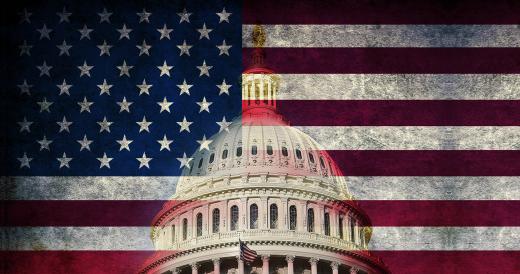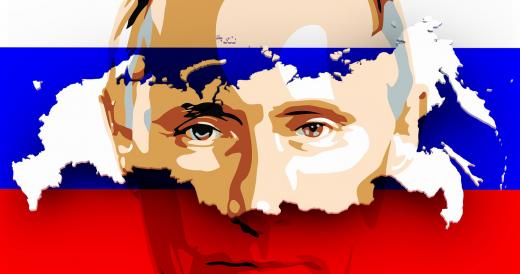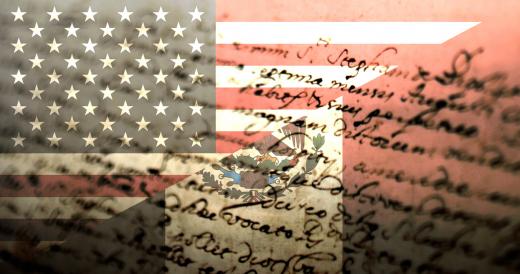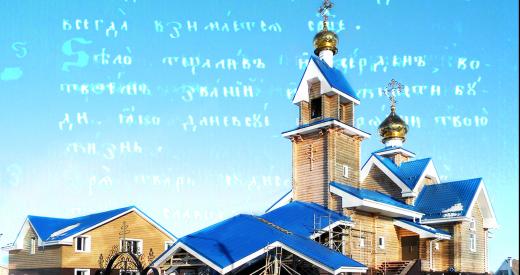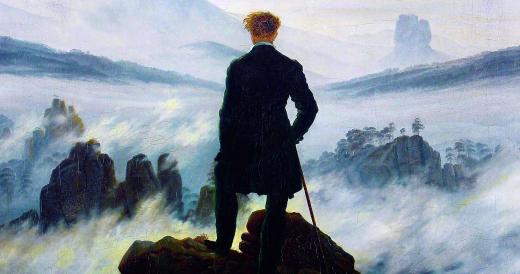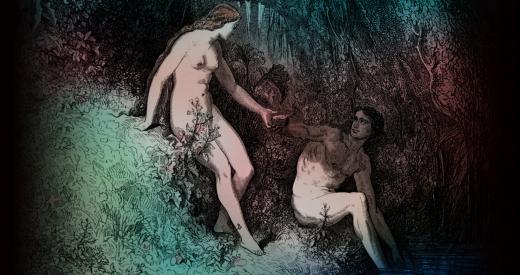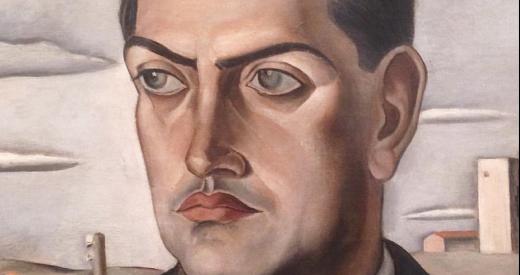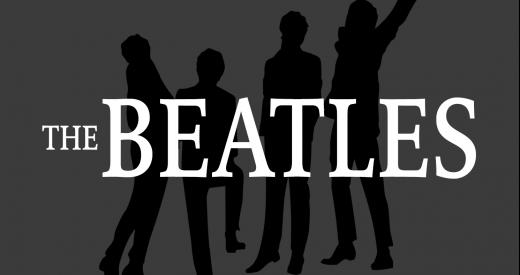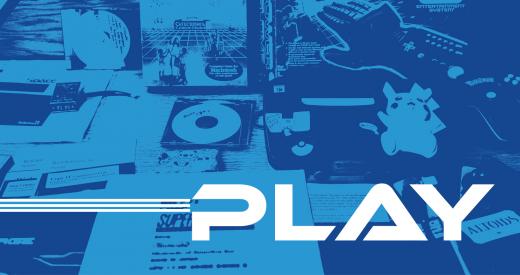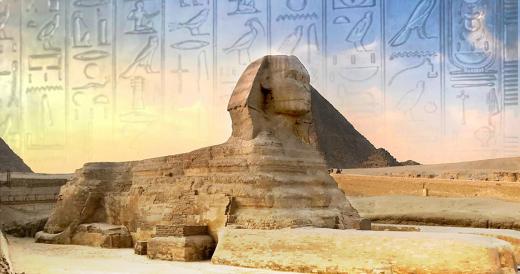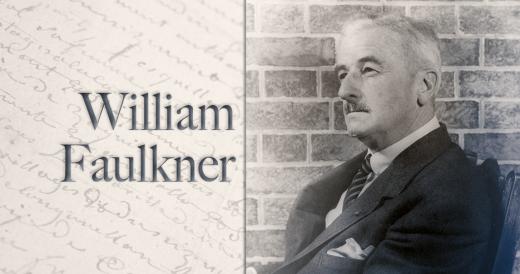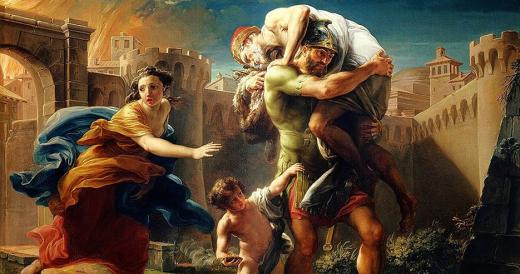Course Archive
Fall 2019
Chris Impey
Thursdays
6 PM - 8 PM
Nov 7 to Dec 12
Astronomy has seen tremendous progress in the past century. Large telescopes on the ground and in space now give us views of the universe across the electromagnetic spectrum. Powerful computers can handle exponentially increasing volumes of data, and they allow simulations of remote objects and extreme astrophysics. We know how stars work, how many galaxies there are, and how to find exoplanets. Yet there is much we don’t know and areas where our physical understanding is weak. This course is a report from the frontiers of astronomy and physics research on five aspects of the universe where...
Dian Li
Fridays
10 AM - 12 PM
Oct 25 to Nov 22
It is for good reason that China is often called a land of poetry. As the longest continuous form of creative writing in the country, poetry has been a defining feature in the life of China’s elite, from their participation in the civil service exams to their performance of rituals on official and leisure occasions. The ideas for poetry and its genre formation, however, have been a subject of constant debate throughout history, the most radical of which took place at the turn of the nineteenth century, when Chinese men of letters embarked on a journey toward modernity. In this seminar we...
Thomas P. Miller
Wednesdays
9 AM - 12 PM
Oct 23 to Nov 13
This course is now sold out. Click here to join the course wait list.If space opens up we will contact those on the wait list on a first come, first served basis.
This course examines Supreme Court decisions and related social movements as historical case studies in our evolving sense of our civil rights and duties. We will review how African Americans and women organized themselves to press for equality, and we will consider how gay, lesbian, and transgender Americans have taken to the streets and courts to make their case. Court decisions on rights are currently being used to argue against...
J. Pat Willerton
Thursdays
9 AM - 12 PM
Oct 3 to Oct 24
This course is now sold out. Click here to join the course wait list.If space opens up we will contact those on the wait list on a first come, first served basis.
This course moves beyond the cartoon-character stereotyping of Putin-period Russia to examine important continuities and changes in contemporary Russian politics and foreign policy. Three decades after the Soviet collapse, the broad outline and trajectory of Russia’s political, economic, and societal transformation are clear. Russia is reemerging as an important Eurasian power that merits attention. It is ironic that Russia and the...
Charles Tatum
Thursdays
1 PM - 3 PM
Oct 3 to Oct 31
Please Note: This course is located in the Dorothy Rubel Room on the Main UA Campus NOT in Oro Valley as was originally advertised.
The U.S.-Mexico borderlands have for over 400 years been the subject of numerous Spanish, Mexican, Mexican-American, Native-American, and Anglo-American writers and artists. From early accounts of exploration to more recent narratives, this course looks at this region’s diverse dimensions—culture, society, language, demography, and geopolitics. It mainly focuses on Mexican and Mexican-American narrative fiction and nonfiction, poetry, film, and music over the...
Adele Barker
Tuesdays
10 AM - 12 PM
Oct 1 to Dec 10
What makes Russian literature so Russian? This course will take us through two of the best-known Russian classics—Tolstoy’s Anna Karenina and Dostoevsky’s The Brothers Karamazov—as well as Turgenev’s little-known Sportsman’s Sketches as we uncover the world of mid-to-late nineteenth-century Russia. Tolstoy and Dostoevsky tackled what is known as “the cursed questions” of God, death, morality, and how to live a good life. Turgenev’s book, with its very different focus, ushered in some of the most radical social changes Russia has ever witnessed. Our journey back into Russia’s literary past...
Anna Dornhaus
Tuesdays
1 PM - 3 PM
Sep 24 to Dec 17
This course is now sold out. Click here to join the course wait list.If space opens up we will contact those on the wait list on a first come, first served basis.
Why are humans such a unique species on earth—or are we? We often think our intelligence (or more scientifically “cognition”) is special. But what does “intelligence” really mean? Why are we so good at solving some problems and yet fail at others? And how can our own brain size matter when insects can use tools, navigate huge areas, maybe even use “language” although their brains are no bigger than a pinhead? Behavioral ecology can...
Steven D. Martinson
Mondays
9 AM - 12 PM
Sep 23 to Dec 9
Romanticism embraces love and sensuality, but it includes much more. The romantic movement powerfully affected all forms of literature and the arts, and even science. In this seminar we investigate several texts in historical, political, philosophical, literary, musical, artistic, and scientific contexts. A particularly interesting component of German romanticism is that women opened salons, which expanded the circulation of romantic ideals and practices in the public sphere. In music Schumann, Schubert, the later Beethoven, and Richard Wagner wrote powerful compositions that have lastingly...
Praise Zenenga
Mondays
1 PM - 3 PM
Sep 23 to Dec 9
This course surveys theater and performance produced in apartheid South Africa between 1970 and 1994, an era commonly seen as one of intense cultural struggle and resistance. We will chronologically study the history, development, and aesthetics of South African theater and performance during the apartheid era. And we will examine the key aesthetic features as well as the social, interventionist, and activist nature of the theater of this period. We then analyze how theater, politics, and history interact with regard to race, gender, citizenship, nationality, and culture. We will read...
Malcolm Compitello
Mondays
9 AM - 12 PM
Sep 23 to Oct 21
Pedro Almodóvar is now one of the world’s most highly regarded international directors. This course uses Women on the Verge (1998), his international breakthrough film, as the fulcrum to examine the before and after of his film making. The class will examine Women on the Verge and four other representative films from across the arc of the director’s career: What Have I Done to Deserve This? (1984), All About My Mother (1999), Talk to Her (2002), and Volver (2006), and will refer to the other films the Spanish director has made. The analysis of these films will enable participants to gain a...
Summer 2019
Peter Medine
Wednesdays
9:00 AM - 12:00 PM
Jul 31 to Aug 28
This seminar will explore some of the enduring questions Milton addresses in Paradise Lost: Does justice exist? What is the nature of evil? Can we know the truth? What are the limits to authority? Discussion will focus on the language and narrative structure of the text and will extend to its literary, philosophical, and historical contexts. The inquiry will reveal that rather than providing definitive answers, the poem is provisional and often skeptical. At the end, Adam and Eve are banished from Paradise and exiled into the world of history with all its suffering and limitations. The image...
Malcolm Compitello
Mondays
9:00 AM - 12:00 PM
Jul 8 to Aug 5
The Spanish film Director Luis Buñuel played a decisive role in the development of modern cinema and contributed richly to the development of national cinemas in Spain, his country of origin, Mexico and France. A surrealist from the beginning to the end of his long career, Buñuel's films remained deeply experimental and socially engaged simultaneously.
This five-week class will trace the arc of Buñuel's film making. It begins by assessing the essential tension between social responsibility and artistic innovation in the director's work by looking at La Age D'Or and Las Hurdes: Tierra Sin Pan...
Don Traut
Fridays
10:00 AM - 12:00 PM
May 31 to Jun 21
Despite their breakup almost 50 years ago, The Beatles remain unquestionably relevant to today’s musicians. While this stems in part from their role in pop culture, it was their transformative music that secured this lasting influence. In this course, we will study The Beatles’ albums chronologically, focusing on the structure and ingenuity of the music itself. Through listening, reading, and live demonstration, we will learn how their songwriting evolved from such early hits as “Love Me Do” or “Can’t Buy Me Love,” to more complex works of art, including “Come Together,” “Here Comes the...
Melissa Tatum
Thursdays
9:00 AM - 12:00 PM
May 9 to Jun 6
Constitutions serve as the basic blueprint for a government, as they provide the foundation and describe the structure for how a community will govern itself. The United States Constitution is often used as a model for creating a government, but it is only one of many possible ways to allocate government functions. In this course, we will use constitutions as a lens for examining how different communities have structured their government and governance structures. The primary focus will be on tribal governments, although we will also examine the constitutions of several state and national...
Ken McAllister
Wednesdays
10:00 AM - 12:00 PM
May 8 to Jun 5
From our species’ earliest moments, we have played. Mancala. Tabula. Chess. Noughts and Crosses. Monopoly. Bridge. Cops & Robbers. Halo. Minecraft. Cards Against Humanity. The list of contrivances that different peoples, communities, and cultures have devised to entertain themselves is endless. But more than a distinct category of human activity—one that supplements but stands apart from, for instance, work and relationships—play is infinite in both its particular instances and its cultural pervasiveness. Indeed, renowned historian of play Johan Huizinga observed in the early 20th Century...
Spring 2019
Charles Scruggs
MONDAYS
1:00 p.m. to 3:00 p.m.
Mar 11 to Apr 8
“No person ever steps in the same river twice, for it's not the same river and he/she is not the same person.” If this is the human condition according to Heraclitus, what remains permanent in the midst of change? This course will explore the twin themes of permanence and change as they are expressed in William Wordsworth’s Intimations Ode and four American novels: F. Scott Fitzgerald’s The Great Gatsby, Ernest Hemingway’s The Sun Also Rises, Nella Larsen’s Passing, and Philip Roth’s The Human Stain. We will consider the specific cultural context and key concerns of each text. Themes to be...
Pearce Paul Creasman
THURSDAYS
1:00 p.m. to 3:00 p.m.
Feb 28 to Mar 28
This course will examine the sites that were most critical to the development of ancient Egyptian civilization and have yielded its most spectacular discoveries. Archaeological sites such as the Pyramids and Great Sphinx of Giza, the Valley of the Kings & King Tutankamun's tomb, and the treasures of Tanis will be explored and their significance in Egyptian history explained. The course will focus on the archaeological evidence for each site or clustered group of discoveries with an emphasis on the time between the Predynastic Period (ca 4500 BC) and the New Kingdom (ca 1000 BC).
Mary Beth Haralovich
MONDAYS
10 a.m. - 12:00 p.m.
Jan 28 to Apr 8
To study film language is to explore how films use narrative structure, visual style and sound design. We will begin at the beginnings of film, from the 1890s through the 1910s feature, the European art film movements of the 1920s and the arrival of sound. With this grounding in camerawork, editing, sound, action, and motifs, we will turn to examine the theory and practice of stylistic devices that developed in the second half century of film history -- neo-realism, distanciation, and feminist film. Throughout the course we will screen films* that use film language in deliberate ways to...
Lynda Zwinger
MONDAYS
1:00 p.m. to 3:00 p.m.
Jan 28 to Feb 25
In this course, we will focus on learning to read three of Faulkner’s most celebrated novels: The Sound and the Fury (1929), Light in August (1932), and Absalom, Absalom! (1936). “Learning to read,” means learning to analyze, interpret, and enjoy. We will ask ourselves such questions as: What do these texts contribute to our understanding of American Literature? What contributions have they made to the novel as a genre? How are we to tease out the meaning and deployment of time, history, race, and the south in these prodigious texts? We will engage the novels as close readers, pondering...
Norman Austin
THURSDAYS
10:00 a.m. to 12:00 p.m.
Jan 24 to Apr 4
This seminar examines Virgil’s Aeneid as well as the pivotal and turbulent context that led to its creation. The course begins with an introduction to the political turmoil that encompassed the fall of the Roman Republic and Octavian’s rise to power as Augustus Caesar, supreme ruler of the Roman Empire. It will then turn to explore the influence of Greece on the development of Roman culture and on Virgil’s development as a poet. Virgil’s objective in the Aeneid was to provide a mythic narrative to explain the Roman people as a continuation in Italy of the Trojans celebrated by Homer. The...




